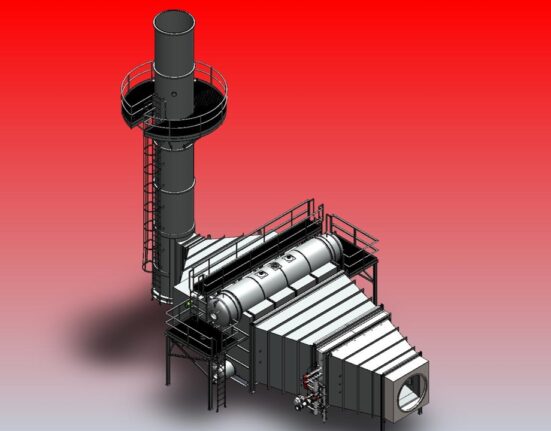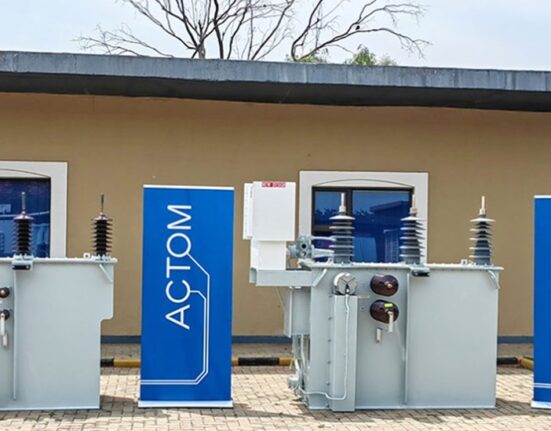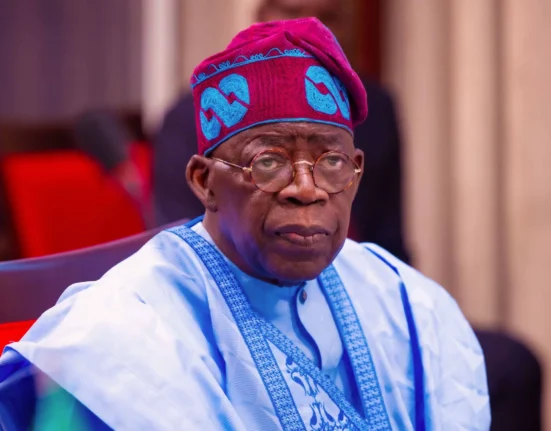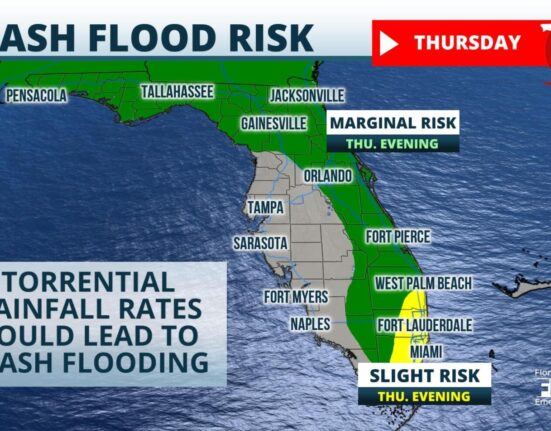In the heart of South Africa, where electricity is the lifeblood of industries and homes alike, a critical balancing act is underway. Picture this: Eight coal-fired power plants operated by Eskom, the nation’s primary electricity supplier, are facing a dilemma. They must meet stringent Minimum Emission Standards (MES) while ensuring uninterrupted power supply to millions.
Let’s dive into the intricacies of this high-stakes energy drama that unfolded recently.
Understanding the Exemptions
The Department of Forestry, Fisheries, and the Environment (DFFE) has granted limited exemptions to Eskom for these crucial power stations. The exemptions come with strict conditions tailor-made for each facility to mitigate environmental impacts caused by non-compliance with MES.
Minister Dion George emphasized the importance of Eskom in maintaining energy security while acknowledging the environmental and health implications posed by coal-fired operations. These exemptions are not a free pass but a calculated step towards balancing energy needs and environmental concerns.
Analyzing Individual Cases
Each power station – Duvha, Kendal, Lethabo, Majuba, Matimba, Matla, Medupi, and Tutuka – has its unique story within this larger narrative.
For instance:
– Duvha and Matla have longer exemption periods aligning with their planned decommissioning dates.
– Majuba plays a vital role in the grid but faces emission challenges.
– Medupi represents newer technology but struggles with compliance delays.
– Tutuka’s operational hurdles require immediate mitigation measures alongside renewable energy integration efforts.
Expert Perspectives on Environmental Impact
Amidst these complexities, experts stress the urgent need for targeted emission reduction measures and renewable energy integration. Flexibilisation strategies at thermal power plants are gaining attention as rapid adaptations to changing energy demands become imperative.
The deployment of Flue Gas Desulphurisation (FGD) technology and socio-economic offsets near power stations underscore Eskom’s commitment to curbing emissions while supporting local communities.
Towards Sustainable Solutions
As stakeholders navigate this transition period towards cleaner air and reduced emissions,
the Minister highlights key areas for action:
1. Health Interventions: Enhancing air quality monitoring
2. Socio-Economic Measures: Expediting offset programs
3. Air Quality Transparency: Ensuring real-time emissions data availability
4. Renewable Energy Acceleration: Facilitating integration into the grid
Moreover,
encouraging private sector involvement in renewable projects is deemed essential for expediting progress towards sustainable energy practices.
The Road Ahead
Eskom is urged to embrace renewable initiatives vigorously while advancing an Independent System Operator (ISO) for efficient grid management and prioritized renewable energy dispatch.
These pivotal shifts will not only ensure energy security but also propel South Africa towards its environmental goals at an accelerated pace.
In conclusion,
South Africa stands at a crossroads where innovation meets tradition in its quest for sustainable power generation.
As Eskom reevaluates its strategies post-exemption grants,
the journey towards cleaner air and greener pastures unfolds against the backdrop of an ever-evolving energy landscape.









Leave feedback about this